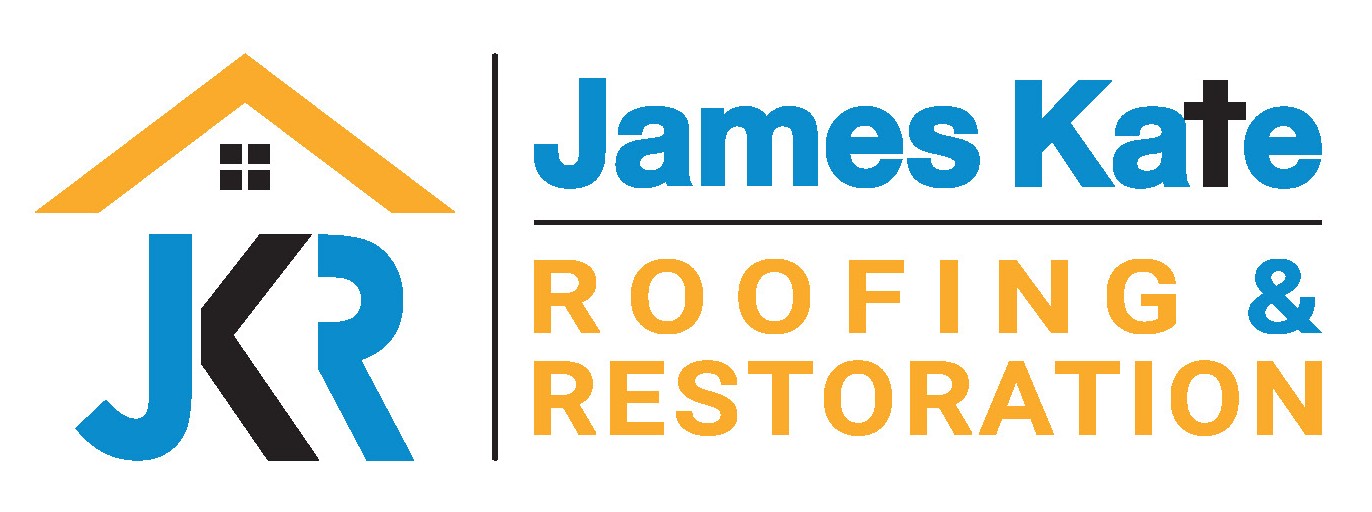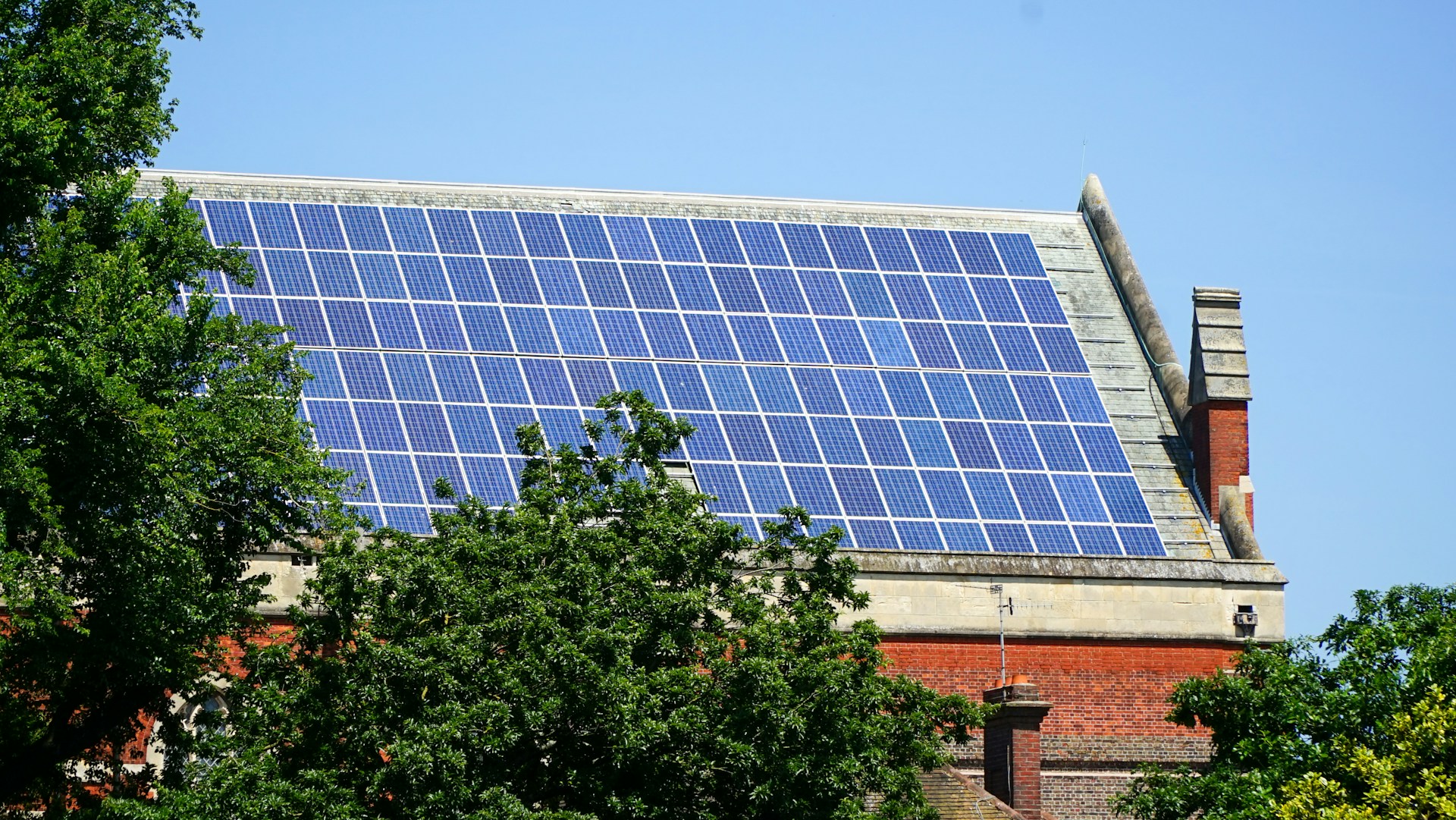Rooftop Solar panels are becoming more popular as they offer a sustainable way to generate electricity while reducing energy bills. With the rising interest in clean energy, more homeowners are considering making the switch. Properly installing these panels requires careful planning and execution to ensure your system is efficient and safe. Following best practices can make a huge difference in getting the most out of your Solar investment.
By adhering to recommended installation techniques, you not only extend the lifespan of your panels but also enhance their performance. This process involves assessing your roof’s condition, understanding local regulations, and selecting the right Solar products.
Assessing Roof Suitability
Before diving into Solar panel installation, it’s crucial to determine if your roof is up to the task. The first step is evaluating the roof’s condition and structure. A strong and durable roof is essential for supporting Solar panels. Look for any signs of damage, such as missing shingles or leaks, which could impact the installation process.
The angle and orientation of your roof play significant roles in how effectively Solar panels capture sunlight. Ideally, a south-facing roof with a slope between 15 and 40 degrees offers the best efficiency. If your roof doesn’t meet these criteria, consider consulting with a professional to explore potential adjustments or solutions.
Engaging a Solar roofer for a comprehensive assessment is highly recommended. These experts have the knowledge and tools to identify any issues your roof might have before installation. With their evaluation, you can ensure your roof is ready to support a Solar system, providing peace of mind as you move forward with your Solar project.
Permits and Regulations
Installing Solar panels isn’t just about picking the right equipment; it’s also about navigating local permits and regulations. Different regions have varied requirements, so understanding the specific regulations in your area is vital. Local building codes typically dictate the standards for Solar installations, impacting everything from panel placement to wiring.
The permitting process may seem complicated, but it’s a necessary step that involves submitting documentation for approval. Make sure you gather all required permits before installation begins to avoid delays. This includes structural assessments and electrical plans, ensuring your setup complies with local laws.
Compliance is essential not just for legality but also for safety and efficiency. By adhering to regulations, you protect your investment and avoid potential legal issues down the road. Professionals can guide you through this process and ensure nothing is overlooked, so your Solar project proceeds smoothly.
Choosing the Right Solar panels
Selecting the best Solar panels involves more than just the aesthetics of the panels or the installation cost. It’s important to consider types and performance features. There are several panel types available, including monocrystalline, polycrystalline, and thin-film. Each type offers unique benefits, from efficiency to budget considerations. Monocrystalline panels, for example, are known for their high efficiency and sleek appearance, making them a popular choice for homeowners who want maximum power output.
Various factors should guide your decision when it comes to Solar panels. Efficiency is crucial if you have limited roof space and need to maximize energy production. Additionally, evaluate the durability of the panels in relation to your local weather conditions. Costs can vary significantly between different types and brands, so it’s wise to compare and prioritize based on your budget and energy needs.
Finding a reputable manufacturer is another important step. Researching brand reputation and warranty options can ensure you invest in a product that stands the test of time. Look for manufacturers with a proven track record and reliable customer support, as these elements can make a big difference down the line.
Installation Process
Once you’ve selected the right Solar panels, the installation phase begins. This involves several detailed steps that require precise execution for optimal system performance. The process starts with mounting the panels securely to the roof. Proper mounting is crucial as it affects the durability and efficiency of your panels. Well-mounted panels can withstand various weather conditions and maintain a steady energy output.
The next step involves electrical wiring, which should be handled with care. Wiring connects your Solar panels to an inverter that converts Solar energy into usable electricity for your home. Paying attention to details during wiring ensures that the system operates efficiently and safely. It’s vital to use the correct materials and techniques to avoid potential hazards.
Hiring experienced Solar roofers is highly recommended during these phases. Professionals possess the knowledge and skills to handle complex installations. Their expertise ensures the job is done correctly, minimizing the risk of errors that could impair system performance or lead to costly repairs.
Post-Installation Maintenance
Maintaining your Solar panels after installation is key to long-term efficiency and function. Simple maintenance tasks can help keep your panels operating smoothly. Regular cleaning to remove dust and debris ensures that panels receive maximum sunlight. This can be as simple as using a soft brush or hiring professionals for thorough cleaning a few times a year.
Another aspect of maintenance is routine inspection. Regular checks can help identify issues early on, such as cracks in the panels or faulty wiring. Addressing these problems promptly prevents more significant damage and helps maintain energy production levels.
Scheduling regular inspections by Solar roofers can be very beneficial. They can catch and resolve minor issues before they escalate, providing peace of mind and extending your Solar system’s life.
Wrapping Up
Embracing best practices for rooftop Solar panel installation offers numerous advantages, from boosting energy efficiency to ensuring safety. By carefully planning each step—from assessing your roof’s suitability to conducting post-installation maintenance—you can optimize your Solar energy system’s performance and durability. Attention to detail and professional guidance every step of the way will pay off by providing reliable energy for years to come.
Investing in Solar panels is a significant step towards sustainable living. Whether you’re motivated by cutting costs or reducing your carbon footprint, thoughtful planning and execution are key. Always consider consulting with experts to make informed decisions and secure a seamless transition to Solar energy.
For a successful transition into Solar energy, consult with James Kate Roofing & Sola. They provide expertise in Solar roofer services, ensuring your installation meets all standards for efficiency and safety. Make your Solar investment count by choosing a professional team dedicated to quality and reliability.

